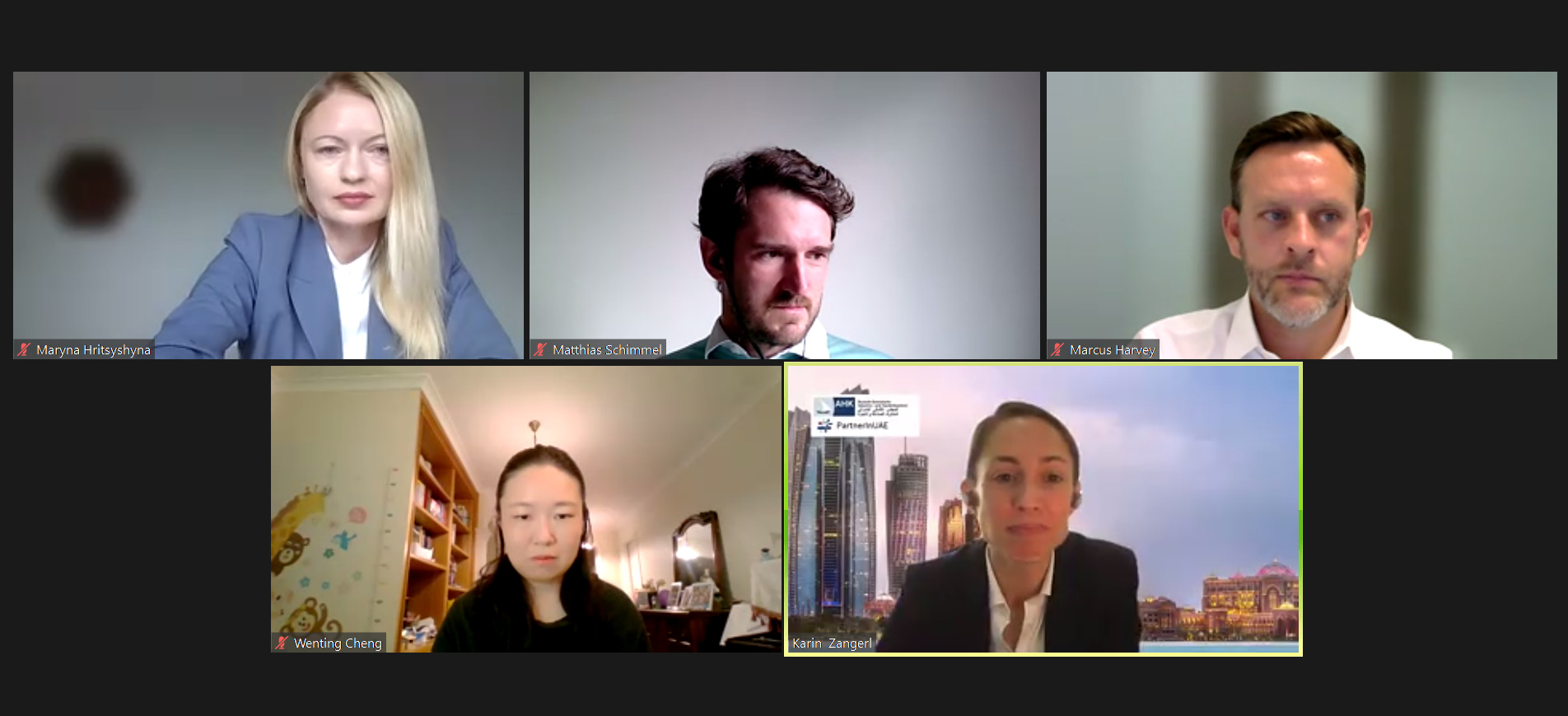On 20th September 2022, Women in Green Hydrogen (WiGH) organised a webinar on the topic: “Hydrogen import in the EU: main barriers of the Hydrogen Package”. Panelists from Australia, United Arab Emirates (UAE), Ukraine and Germany shared their opinions about the current challenges of the hydrogen sector and examined possible ways for ramping up hydrogen import in the EU.
The main topic for discussion were the existing obstacles for hydrogen import into the EU from third countries. As emphasised by the moderator Karin Zangerl, Director, AHK Abu Dhabi, UAE, the Commission proposed to accelerate the hydrogen deployment in Europe by 10 million tones and import additional 10 million tonnes per year by 2030 to decarbonize industry and the transport sectors. Considering the current state of green hydrogen production in the world, the Hydrogen Package plays important roles for development of the green hydrogen sector and its import infrastructure.
Based on his experience of the Middle East, Matthias Schimmel, Associate Director of Guidehouse, pointed out that such countries from the MENA region Morocco, Algeria, Saudi Arabia, and Oman have high potential for export of hydrogen to the EU. The Hydrogen Package facilitates uptake of renewable hydrogen through improvement of the market conditions in the opinion of Mattias Schimmel, however the whole international landscape and aspects are not key consideration of the Hydrogen Package. Matthias Schimmel also gave a short overview of the key points of hydrogen certification regarding the proposal for certification of the overall greenhouse gas content in hydrogen below 3.4 kg CO2 per hydrogen kilogram across the supply chain. However, this proposal is not implemented.
Maryna Hritsyshyna, Senior Expert Regulatory Affairs Hydrogenious LOHC Technologies presented three highly important amendments to the Hydrogen Package for unlocking hydrogen imports into the EU from third countries.:
- Open hydrogen terminals to all hydrogen carriers (including LOHC) by keeping technology neutrality;
- Exclude application of grade of purity to hydrogen carriers in infrastructure facilities;
- Avoid any restrictions for application of hydrogen carriers for hydrogen storage.
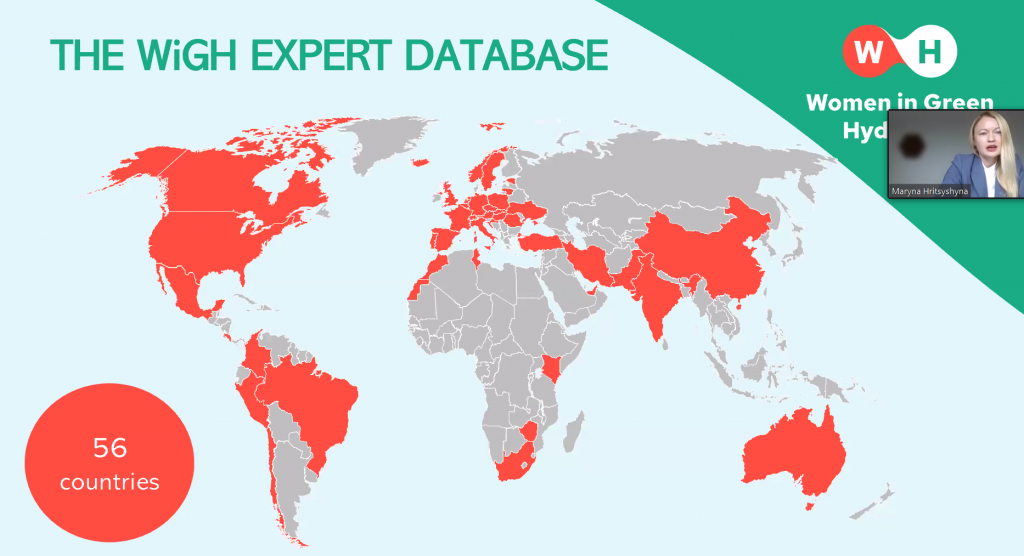
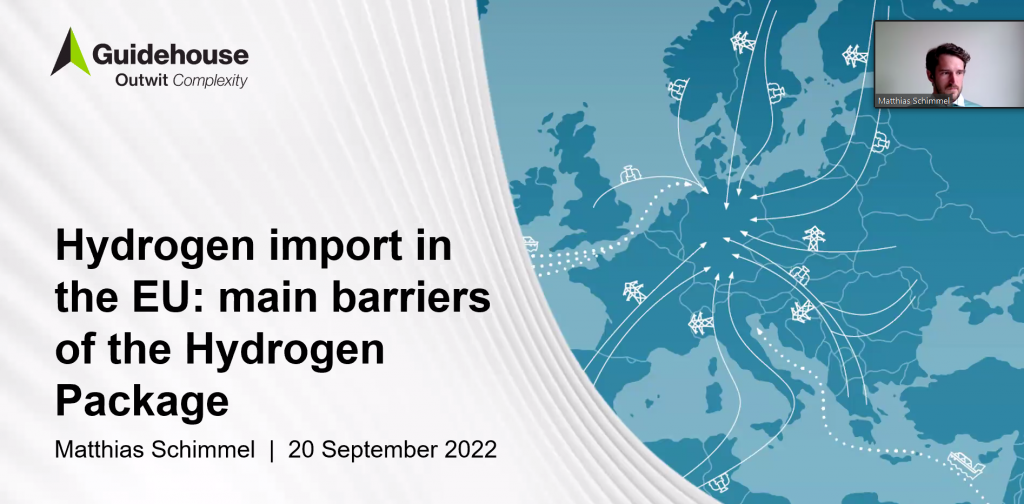
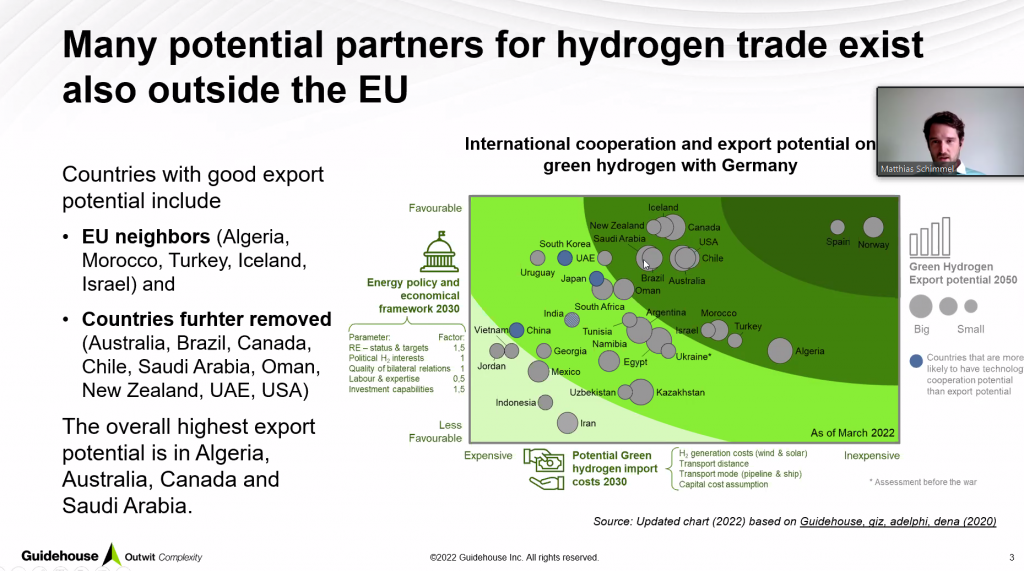
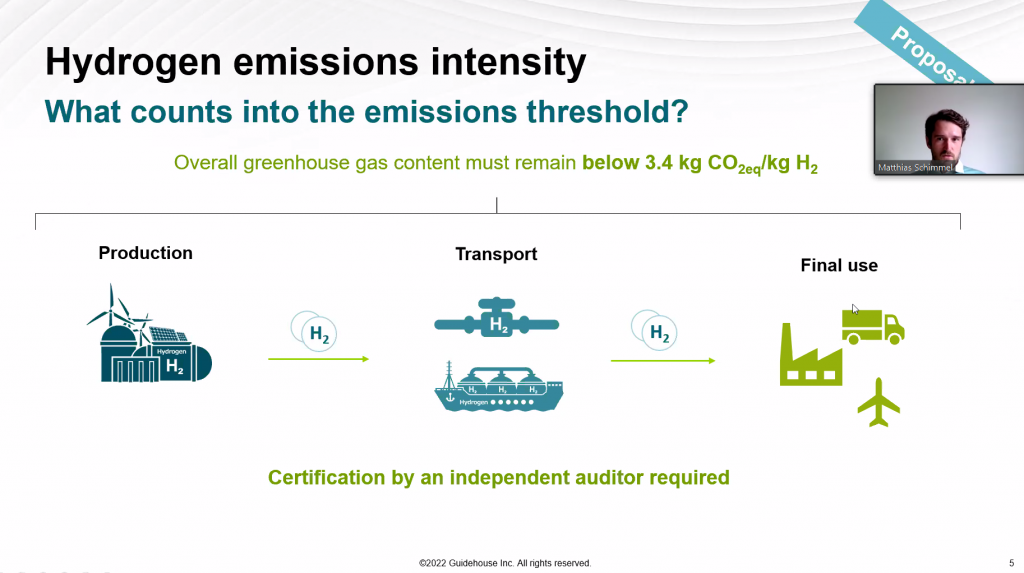
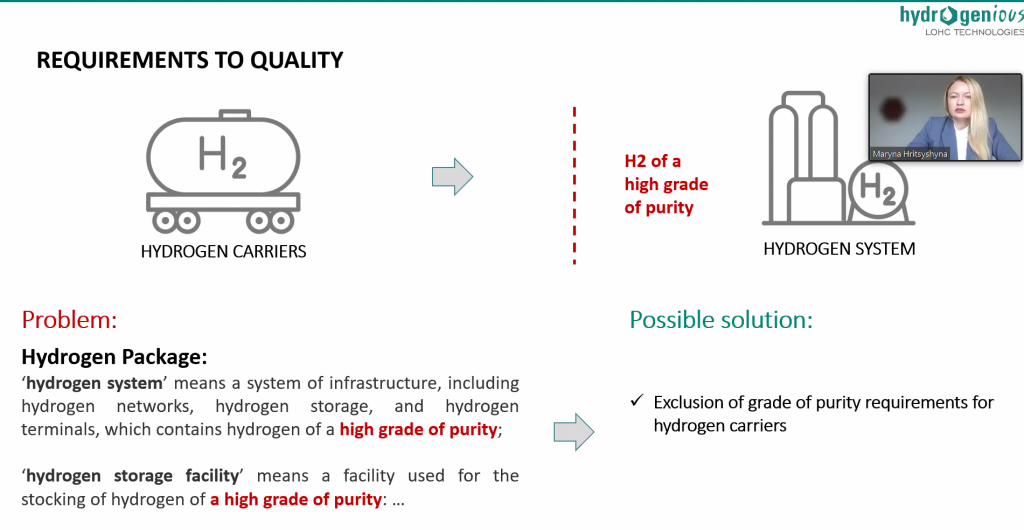
Other important issues in terms of hydrogen import from Australia were raised by Marcus Harvey, Global Projects Manager – Queensland & New South Wales, DB Schenker Australia
and Wenting Cheng (程文婷), Grand Challenge Research Fellow – Zero Carbon Energy for the Asia-Pacific, ANU College of Law, Australia.
Marcus Harvey emphasised that there is clear demand in the EU for transitioning away from fossil fuels and that green hydrogen is a sustainable fuel of which Australia has all the resources available to supply Europe.
In his opinion, the question of hydrogen transportation cost between Australia and the EU is a matter of finding a balance between the distance travelled, volume transported and shipping cost. There are six forms that can be considered for transportation of hydrogen from Australia: liquified hydrogen, gaseous hydrogen, ammonia, synthetic gas, methanol and LOHC. Under the Hydrogen Package the main barriers for transportation and storage are about grade of purity for hydrogen and the definition hydrogen terminals which only considers two forms of hydrogen instead of the aforementioned six – liquified hydrogen and ammonia.
Marcus Harvey stressed that the regulatory framework for hydrogen needs to be flexible as not to restrict innovation and needs to evolve with the industry as it matures. Similar to what the Oil & Gas industry has experienced in the past 175 years.
Dr. Wenting Cheng focuses her research on how law and regulation can promote hydrogen industrial upscaling. In the webinar she shared her research findings: Globally, Australia pitches itself as the world’s renewable powerhouse and has optimal location for renewable hydrogen, as Wenting Cheng pointed out. It The Australian National Hydrogen Strategy sets ambitions for production of hydrogen for 2 Australian Dollars per kilogram. In terms of export market prospects, Australia signed a bilateral agreement with Germany, and made a feasibility study for supply of hydrogen from Australia to Germany. The main conclusion from this study is that Australia has competitive advantages as an exporter of hydrogen, even in comparison with other countries that are located closer to Germany.
In the presentation Dr. Wenting Cheng presented a multi-criteria analysis of off-taker preference configuration that confirms that the choice of hydrogen carrier is subjective to off-taker’s preference.
- Presentation by Maryna Hritsyshyna on Unlocking of the Hydrogen Package for Different Technologies
- Presentation by Wenting Cheng on Enabling Renewable Hydrogen Export Certifications and Beyond
WiGH thanks all panellists and participants joining the event and looks forward to holding more impactful events in the future. Please contact us through https://women-in-green-hydrogen.net/ if you’d like to join us.
